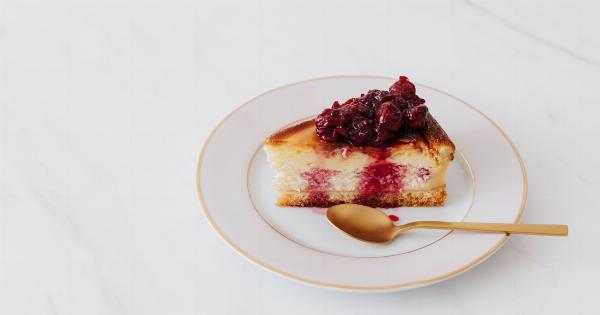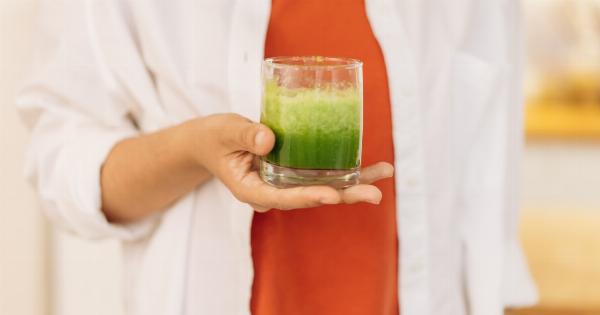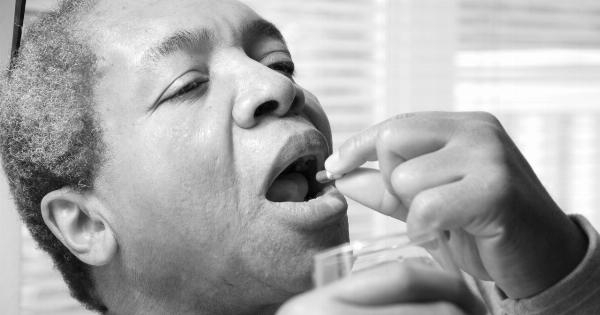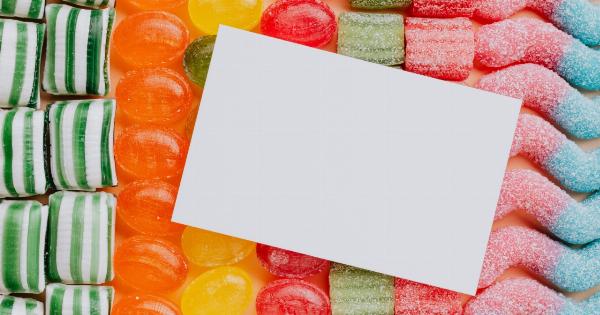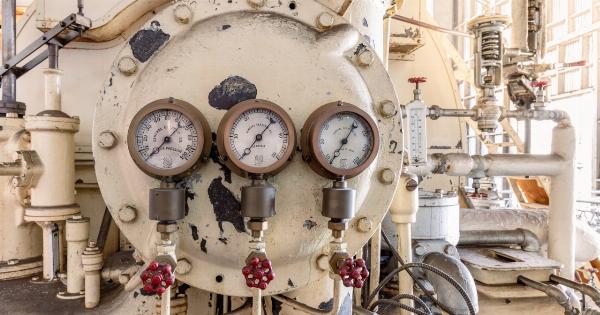If you are a coffee lover, the idea of giving up caffeine can be daunting.
But have you ever thought about the possibility of experiencing the perks of coffee without actually consuming caffeine? Yes, it is possible, and this is called the placebo effect.
What is the Placebo Effect?
The placebo effect is a phenomenon that occurs when an individual experiences a perceived improvement in symptoms or benefits from a treatment that is given without any active ingredients.
The effect is believed to be a result of the individual’s belief that it will work, rather than the actual treatment itself.
Placebos have been extensively used in clinical trials, and the findings often surprise researchers.
In some cases, placebos have been found to be as effective as active treatments, especially in treating subjective symptoms such as pain, anxiety, and depression.
How can the Placebo Effect be Applied to Caffeine Deprivation?
If you are looking to cut back on caffeine, you can experiment with the placebo effect. One way of doing this is to replace your caffeinated beverage with a non-caffeinated alternative that you believe has the same benefits.
This could be anything from a herbal tea, hot chocolate, or even decaf coffee.
When you consume your new beverage, focus on the perceived benefits you currently associate with coffee. This may include increased energy, alertness, and focus.
Remind yourself that your new beverage will give you these benefits, and your brain may respond accordingly by producing the same effects as caffeine.
Does the Placebo Effect Work for Everyone?
The placebo effect works differently for every individual. While some people may experience significant benefits, others may notice no change at all. Several factors can influence the effectiveness of the placebo effect, including:.
- The strength of the individual’s belief in the treatment.
- The severity of symptoms or condition being treated.
- The type of placebo being used.
- The frequency and duration of the treatment.
It is also worth noting that the placebo effect is not a replacement for actual treatments or medications. In some cases, the placebo effect can complement conventional treatments to enhance their effectiveness. Still, it is never a substitute.
The Benefits of Caffeine Deprivation
Reducing your caffeine consumption can bring several benefits to your body and mind. Here are some of the significant advantages:.
1. Better Sleep Quality
Caffeine is a natural stimulant that can make it difficult to fall asleep and stay asleep. When you cut back on caffeine, you may notice an improvement in your sleep quality, leading to a more energized and productive day.
2. Reduced Anxiety and Jitteriness
Consuming too much caffeine can cause anxiety and jitters. By reducing your caffeine intake, you may experience a calmer and more relaxed state of mind.
3. Improved Hydration and Digestion
Caffeine can act as a diuretic, leading to dehydration and constipation. When you cut back on caffeine, you may notice an improvement in your hydration levels and digestion.
Conclusion
The placebo effect can be an excellent way to experience the benefits of caffeine without actually consuming it. However, it is essential to prioritize your health and well-being and never rely solely on the placebo effect.
If you are looking to cut back on caffeine, experiment with healthier alternatives and embrace the positive changes that come with it.




